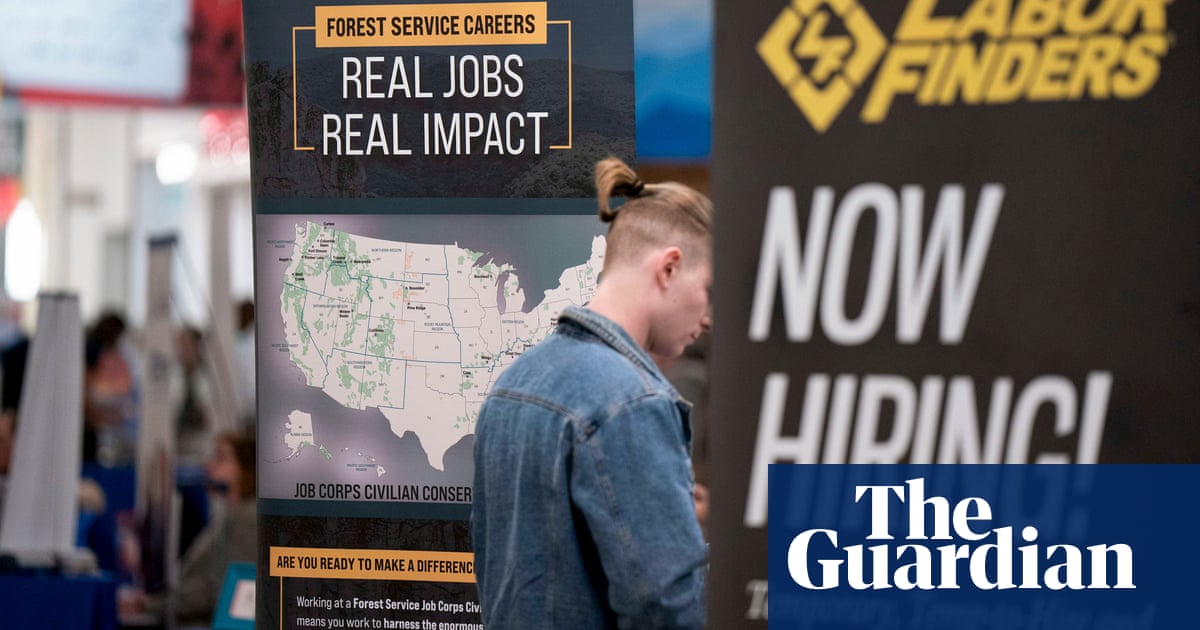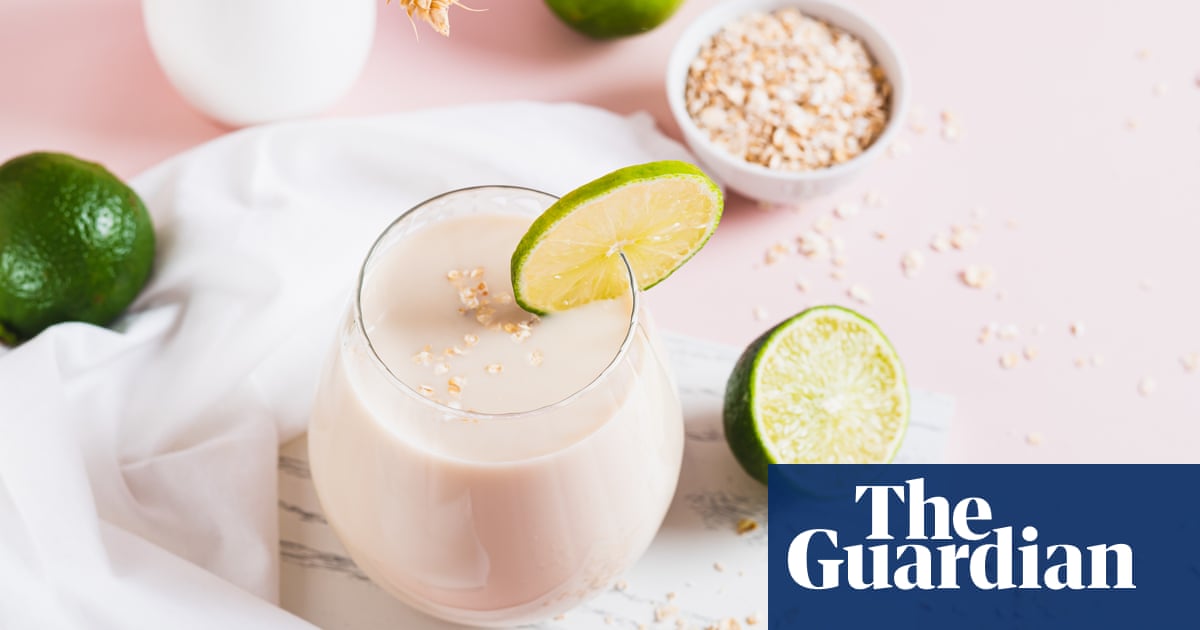Every year, hundreds of thousands of Christmas trees make the journey into the UK to take pride of place in living rooms across the country.
But the the cross-border operation faces a new hurdle this year. Plants coming from the EU will be subject to post-Brexit border checks that importers are warning will increase costs for sellers, and probably push up prices for consumers.
“The main difference is that before January, the bulk of trees imported didn’t require health certificates, now all the trees do,” said Kasper Kortegaard Graven, the managing director of Kortegaard, a Danish Christmas tree wholesaler.
“We’ve gone from being able to trade between the EU and the UK without any paperwork apart from an invoice before [the UK left the single market], to having to have customs declarations and now phytosanitary certificates”
Under the new border system, plants deemed high-risk, which include nearly all Christmas trees, require inspections in the country of origin, a clean bill of health – known as a phytosanitary certificate – and British officials to be notified with the details before they can enter.
“You require all of this paperwork, and paperwork costs money. The checks cost money, that increases the cost of the product– and ultimately the consumer pays more,” said Graven, who has had to put the price up on all but one of the types of trees Kortegaard sells.
He said that the new Brexit costs have played a big part in this, as well as the tightening of supply of Danish and other European trees, as more farmers have left the industry.
According to the British Christmas Tree Growers Association (BCTGA), more than 8m Christmas trees were sold in the UK in 2021.
Experts the Guardian has spoken to believe that between 20% and 40% of trees could come from overseas, with most from EU countries like Denmark, the UK’s biggest supplier, Germany and Poland.
Not only do these trees now require extra paperwork but for the first time they will be subject to checks at newly introduced border posts, set up near ports.
These checks require importers to not only pay an inspection charge, often regardless of whether the trees have been inspected, but also increase the chance of delays and damage to consignments.
Stephan Meijer, a Dutch exporter of plants to the UK, said all of these elements are racking up the costs to transport all plants, including Christmas trees. “At the bottom of every invoice we are putting ‘£148 = Brexit cost’, and that is a contribution, we share the cost, the real cost on every delivery is around £300,” he said.
Last month, plant consignments in eight lorries from Italy were destroyed after traces of the pest Pochazia shantungensis, or brown winged cicada, were found in their loads, losing importers tens of thousands of pounds. While the destruction is an extreme case and was ultimately successful in stopping pests entering, Meijer said this incident, and regular stories of delays and damage at the border, have had a chilling effect on suppliers.
“I’m 100% seeing suppliers turning their backs on the UK because there is a risk,” he said.
However, while prices may rise, there is unlikely to be any shortage of trees. The majority sold in the UK are grown in the country, with the BCTGA saying there were more than enough to supply Britain’s homes and UK production was actually increasing.
Russell Parkins, chair of the BCTGA, believes that the additional hurdles for importers from the EU could actually help boost demand for domestic growers, for fully formed trees but also saplings.
after newsletter promotion
Many products grown in the UK, from tomatoes to raspberries, are transported from EU countries as young plants to be grown here. UK-grown Christmas trees often start life as saplings in Danish nurseries.
Parkins, whose Dane End Christmas Tree Farm in Hertfordshire sells up to 3,000 trees a year, said: “Now, because of us leaving Europe, there’s some shrewder growers that are now growing saplings and looking to market those, because there’s a gap in the market.”
Jadecliff, a Berkshire-based grower and wholesaler, imports about half of its trees from the EU. It is now dealing with the added costs that the new checks bring, including having had to employ one new person this year just to deal with the paperwork.
However, the company’s managing director, Sadie Lynes, believes that inspections at the border are positive and will help to stop pests and diseases from entering the country.
“You look at various problems that our trees have – if we don’t start trying to control movement through horticulture, and now Christmas trees, then we are putting ourselves at risk,” she said. “I think it’s a good thing that we have standardisation and that we have control.”
A government spokesperson said protecting biosecurity was a key priority, and checks were essential to prevent outbreaks of disease that would severely damage the Christmas tree trade.
However, for some like Meijer, the new regime is a sledgehammer to crack a nut, and an expensive sledgehammer at that.
“For me its now a £400 inspection in Denmark, another £150 inspection in Holland, then all of the paperwork on that, it just makes it far too expensive,” said Meijer, who is sending eight lorries of trees this year, compared with 20 before the UK left the single market. “What you will see in the end is that people will buy more artificial trees.”

.png) 2 months ago
16
2 months ago
16













































